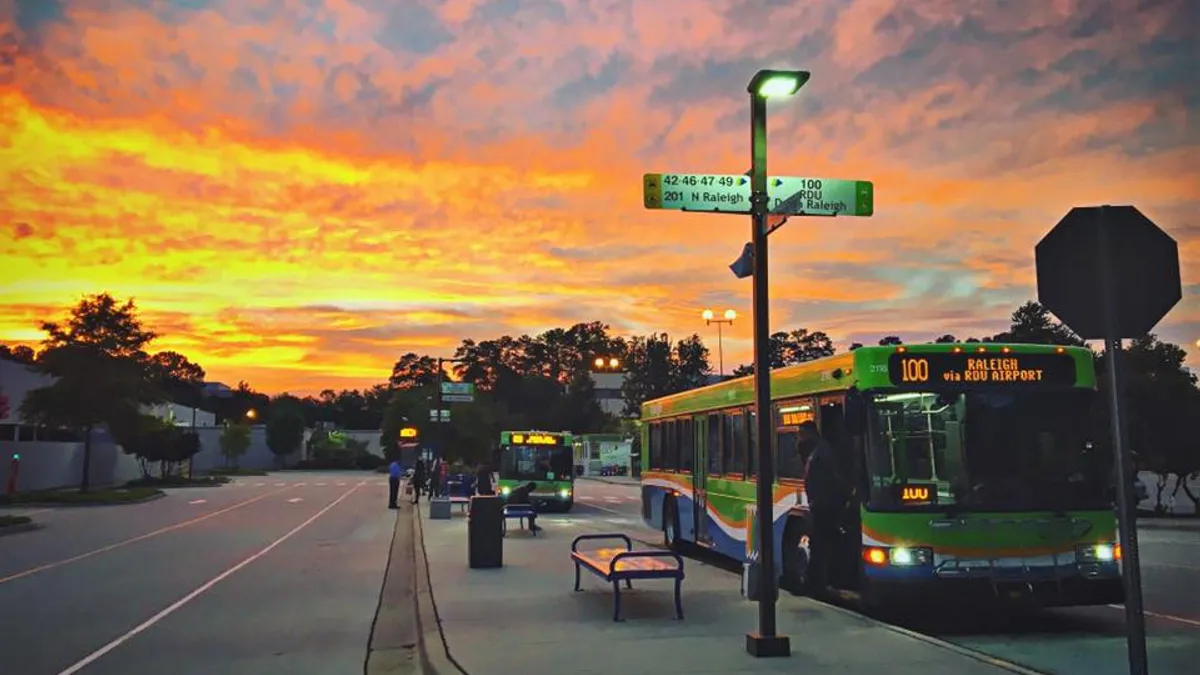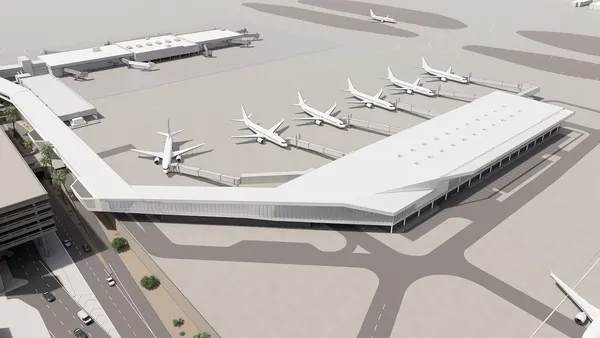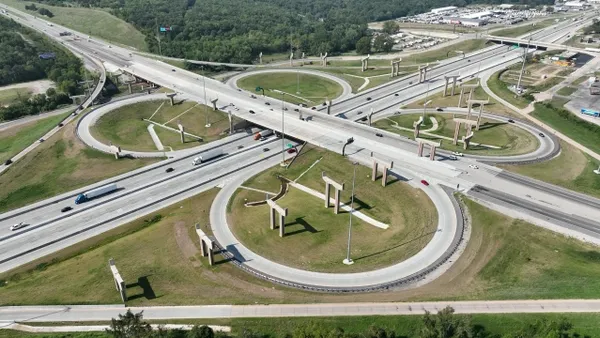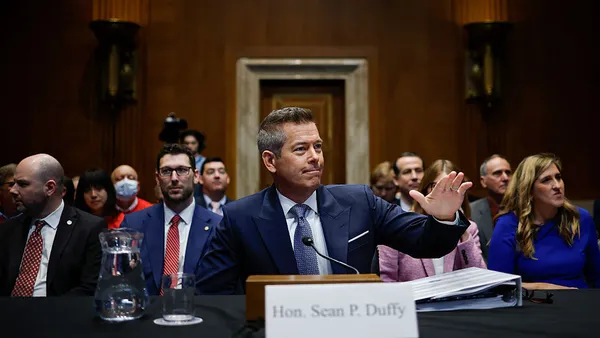Dive Brief:
- The Chicago Transit Authority (CTA) has selected three firms to bid on the first phase of the agency's $2.1 billion Red and Purple Modernization (RPM) rail initiative, according to Railway Technology, and will now issue them draft request for proposals.
- Walsh Fluor Design-Build Team, Chicago Rail Constructors and the Kiewit Infrastructure Company will submit design-build proposals for the project, which includes rebuilding the Red Line to make it more accessible to disabled and other riders, reconstruction of 1.3 miles of track and construction of a bypass to ease rail congestion caused by growing demand.
- The CTA will review the proposals and select a winner, with a tentative construction start date scheduled for 2019. The project is expected to generate a total of 5,700 construction jobs.
Dive Insight:
The Federal Transit Administration (FTA) in January approved a $1.1 billion federal grant that will help pay for the project. In order to qualify for the grant, the city had to come up with matching funds, an effort that included creating a tax-increment financing district (TIF) on a fast-tracked timetable so that Chicago could make its request before the change in White House administration earlier this year. The Chicago City Council not only approved the TIF, but agreed to borrow $428 million to make the project happen.
Advocates for the RPM said 39% of Chicago residents use the Red Line and an expansion is warranted. Opponents who are critical of taxing property owners to pay for the rail improvements argued that the city should have sought state money in order to meet the matching-funds requirement instead.
Minnesota lawmakers ignored Minneapolis transit groups last year when they denied them $145 million in order to reach the FTA's matching-funds threshold for the $1.8 billion Southwest light-rail project. So, in a sort of end run around the state legislature and with the support of Minnesota Gov. Marc Dayton, local Minneapolis agencies came up with the money themselves.
The move incensed state legislators, who contacted the FTA and requested that any federal money for the rail be diverted to other state transportation projects. At the time, the Metropolitan Council, the agency in charge of the Southwest LRT project, had not yet applied for the grant, despite the FTA's commitment. FTA officials told lawmakers their request was not feasible.














